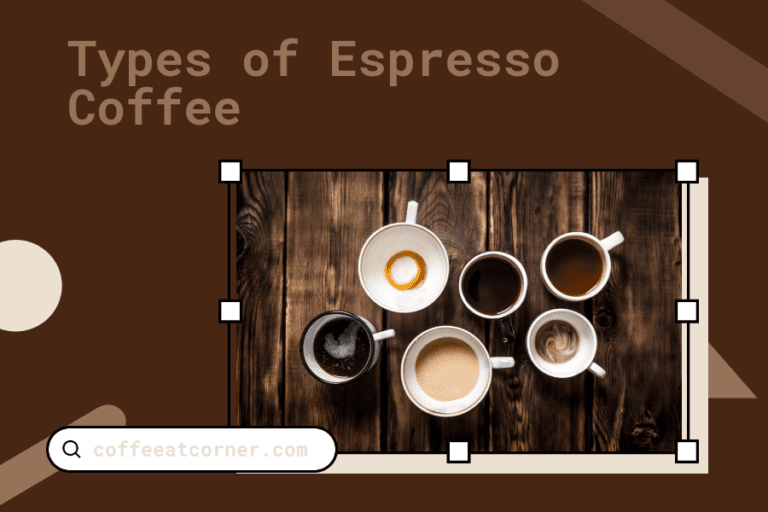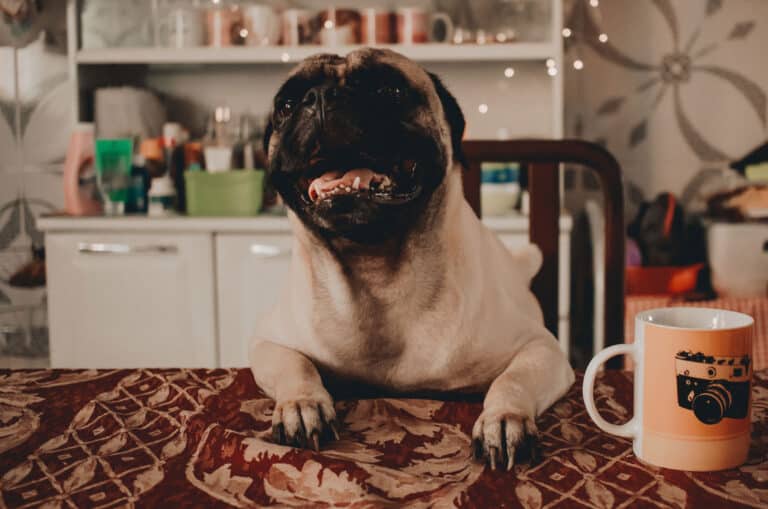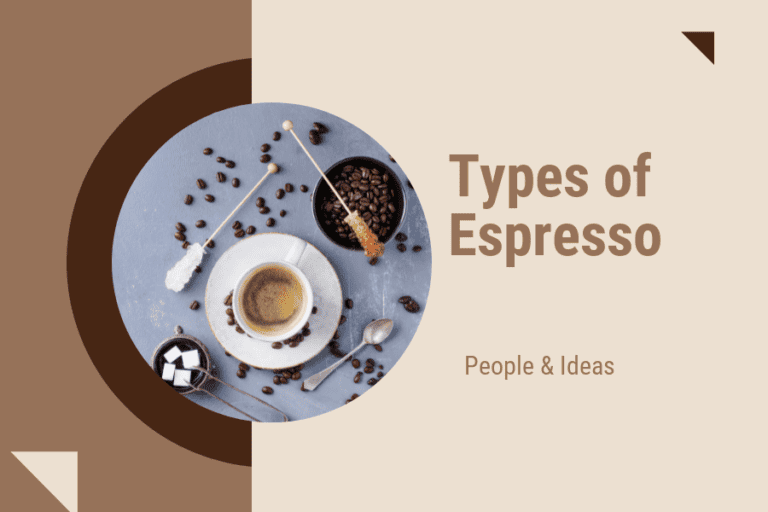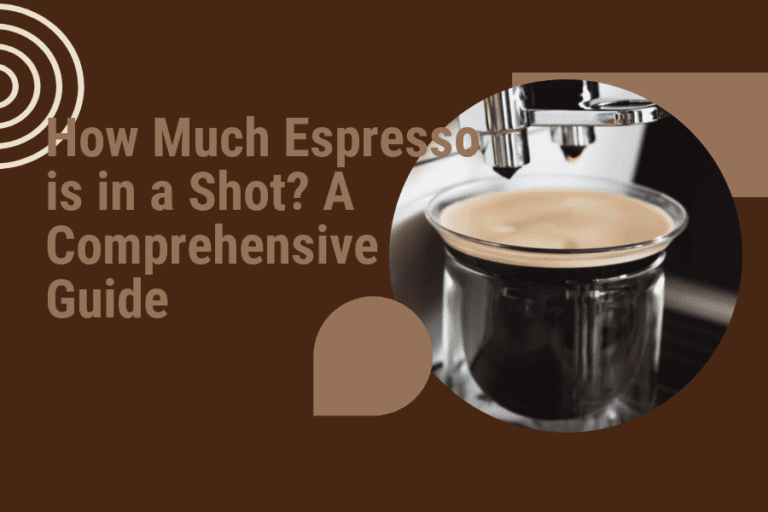How Much Caffeine in a Shot of Espresso: A Quick Guide

Espresso is a popular coffee beverage that is consumed by millions of people every day. It is made by forcing hot water through finely ground coffee beans, resulting in a concentrated shot of coffee that is packed with flavor and caffeine. For many coffee lovers, espresso is the perfect pick-me-up to start the day or to help them power through a long afternoon.
One of the most commonly asked questions about espresso is how much caffeine it contains. While the answer to this question can vary depending on a number of factors, such as the type of beans used, the brewing method, and the size of the shot, there are some general guidelines that can help you understand how much caffeine you are getting in each cup.
For example, a single shot of espresso typically contains between 30 and 50 milligrams of caffeine, which is less than a standard cup of coffee. However, because espresso is so concentrated, many people choose to drink multiple shots at once, which can quickly add up in terms of caffeine content. Understanding how much caffeine is in a shot of espresso can help you make informed decisions about your coffee consumption and ensure that you are getting the right amount of caffeine to suit your needs.
What is Espresso?
Espresso is a concentrated coffee beverage that originated in Italy. It is made by forcing hot water through finely ground coffee beans at high pressure. The result is a small, strong shot of coffee with a layer of crema on top.
Espresso is typically served in small cups and is the base for many popular coffee drinks, such as cappuccinos and lattes. It is known for its bold, rich flavor and high caffeine content.
Espresso is made using a special machine called an espresso machine. The machine uses a pump to force hot water through the coffee grounds, which are tightly packed into a small metal filter called a portafilter. The pressure of the water extracts the coffee’s oils and flavors, resulting in a concentrated shot of coffee.
Caffeine Content in Espresso
Factors Affecting Caffeine Content
The amount of caffeine in a shot of espresso can vary depending on several factors, including:
- The type of coffee beans used
- The roast level of the beans
- The brewing method
- The size of the shot
For example, espresso made from Robusta beans typically has more caffeine than espresso made from Arabica beans. Similarly, a darker roast will have less caffeine than a lighter roast.
Standard Caffeine Content in a Shot of Espresso
On average, a single shot of espresso contains around 63 milligrams of caffeine. However, this can vary depending on the factors mentioned above.
| Drink | Caffeine Content (mg) |
|---|---|
| Single shot of espresso | 63 |
| Double shot of espresso | 126 |
| Americano (single shot of espresso + hot water) | 63 |
| Cappuccino (single shot of espresso + milk foam + steamed milk) | 63 |
It’s important to note that the caffeine content in a shot of espresso is still relatively low compared to other coffee drinks, such as drip coffee or a latte. However, if you are sensitive to caffeine, it’s always a good idea to monitor your intake and limit your consumption accordingly.
How Much Caffeine is Safe?
Recommended Caffeine Intake
Consuming caffeine in moderation is generally considered safe for most people. The recommended daily caffeine intake for healthy adults is up to 400 milligrams, which is roughly equivalent to four cups of coffee or ten shots of espresso. However, it is important to note that individual tolerance to caffeine can vary widely, and some people may be more sensitive to its effects than others.
For pregnant women, the recommended daily caffeine intake is lower, at around 200 milligrams or less. High caffeine intake during pregnancy has been associated with an increased risk of miscarriage and low birth weight.
Effects of Excessive Caffeine Intake
While moderate caffeine intake is generally safe, consuming too much caffeine can have negative effects on the body. Some common symptoms of excessive caffeine intake include:
- Restlessness and jitteriness
- Insomnia
- Increased heart rate and blood pressure
- Headaches
- Anxiety and nervousness
- Stomach upset and nausea
Consuming very high doses of caffeine, typically more than 500 milligrams, can lead to more severe symptoms such as seizures, hallucinations, and even death. It is important to be aware of the caffeine content in the beverages and foods you consume and to monitor your intake accordingly.
Overall, while caffeine can provide a boost of energy and alertness, it is important to consume it in moderation and be aware of its potential effects on the body.

Conclusion
After conducting extensive research, it is clear that the caffeine content in a shot of espresso varies depending on several factors, including the type of coffee beans used, the brewing method, and the serving size.
On average, a single shot of espresso contains approximately 63 milligrams of caffeine. However, this amount can range from 30 to 90 milligrams depending on the factors mentioned above.
It is important to note that while espresso may contain less caffeine than a cup of coffee, it is still a potent source of caffeine and should be consumed in moderation. Additionally, individuals who are sensitive to caffeine should be cautious when consuming espresso and consult with a healthcare professional if necessary.
Overall, understanding the caffeine content in espresso can help individuals make informed decisions about their caffeine intake and enjoy this popular beverage responsibly.






One Comment